What's up guys :)
Today want tell you 7 Thing's Fact About Open-Source Platform for Decentralized Applications – Ethereum (ETH).
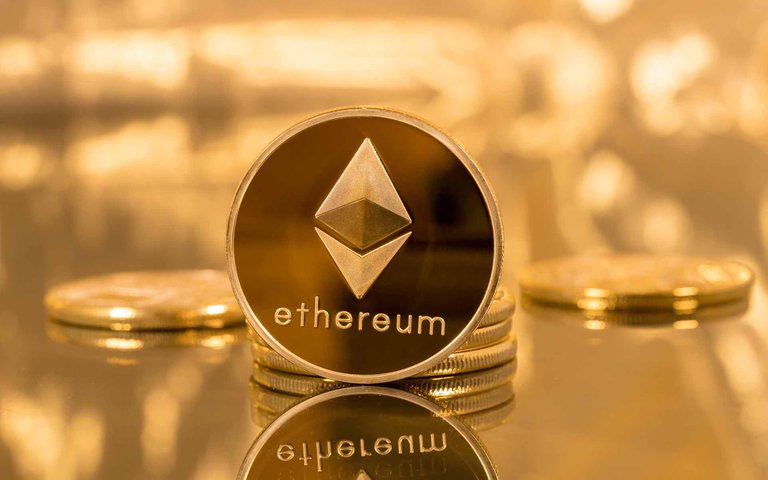
Ethereum (ETH) is a decentralized smart contract computing platform that enables developers to build decentralized applications (Dapps) on top of its public Ethereum blockchain. It’s by far the leading blockchain platform and is the second-largest cryptocurrency by market cap, right next to Bitcoin.
This is 7 Thing's Fact About Ethereum (ETH) :
1.. What is Ethereum?
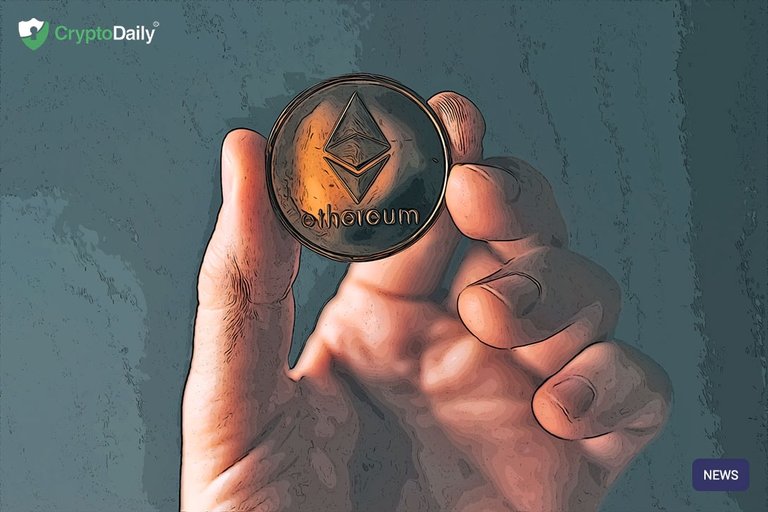
Ethereum (ETH) is a global, open-source platform and programmable blockchain that enables developers to write code that controls digital value, runs exactly as programmed, and is accessible anywhere in the world. Ethereum is the base protocol layer of our decentralized digital future and it currently powers the most important cryptocurrencies and blockchain-based applications and technologies in the world.
Ethereum (ETH) builds on Bitcoin’s innovation of a sound digital money without payment providers or banks with its own native cryptocurrency, Ether (ETH) but unlike Bitcoin, Ethereum is programmable and its digital currency Ether can be used for more than payments. It can be used in decentralized financial services, games, and apps.
Ethereum Features:
• Open-Source & Decentralized
Ethereum operates in a decentralized manner across thousands of computers distributed around the world.
• Programmable with Smart Contract
The Ethereum blockchain has programmable code with smart contract functionality, meaning the code will execute when specific conditions are met.
• Peer-to-Peer
Ethereum operates on a peer-to-peer (P2P) network meaning you can move money, or make agreements, directly with someone else without the use of a third party.
• Compatible by Default
Ethereum-based products and applications are compatible by default so that companies and developers can build on each other’s success.
• Censorship-Resistant
No government or company has control over Ethereum because it’s decentralized.
2.. Ethereum Founder and Lauching ETH

Ethereum was first conceptualized in late 2013 by Vitalik Buterin who proposed a whitepaper titled, “Ethereum: A Next-Generation Smart Contract & Decentralized Application Platform”. In this whitepaper, Buterin introduced an entirely new concept for blockchain technology, describing Ethereum as a distributed world computer for executing and storing computing programs.
Now, going back to the launch of Ethereum, the team held a public token sale of the project’s native cryptocurrency, “Ether” (ETH) in 2014 where they raised more than $18 million, making it the largest token sale ever commenced at the time. Following the token sale nearly 1 year later, the Ethereum mainnet finally went live on July 30, 2015, and to this day Ethereum is still under heavy development.
3.. Ethereum $ETH Token Used For
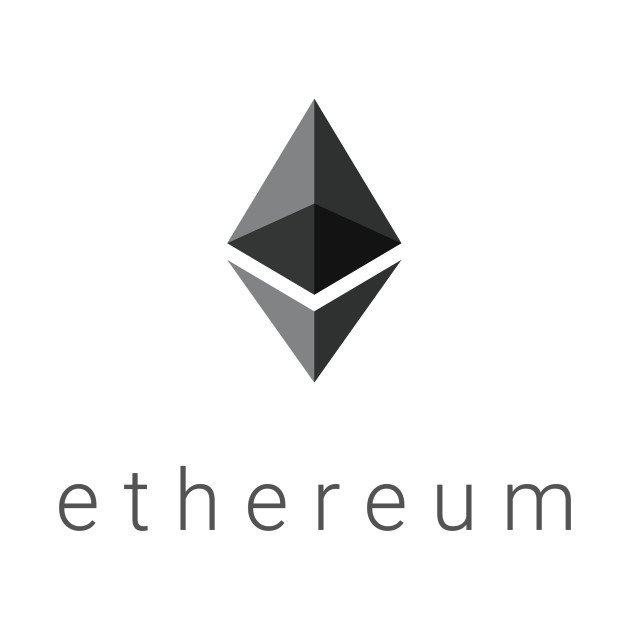
Ethereum (ETH) is the native cryptocurrency of the public Ethereum blockchain and it’s used within the Ethereum network and ecosystem.
Ether (ETH) Use Cases:
- ETH fuels and secures Ethereum
- ETH underpins the Ethereum system
- ETH is a digital store of value
- ETH can be traded
- ETH is for payments
ETH Fuels and Secures Ethereum
ETH is the cryptocurrency used within the Ethereum network, it’s the lifeblood of Ethereum. When you use an Ethereum application or send ETH, you’ll pay fee in ETH itself to use the network. Also, application developers building on top of Ethereum use ETH to pay for transaction fees and services on the network too.
ETH Underpins the Ethereum Financial System
The global Ethereum community of developers and innovators are building a whole new financial system that's peer-to-peer and accessible to everyone. This new financial system is often referred to as Open Finance or Decentralized Finance (DeFi), and ETH is often used as collateral to generate entirely different cryptocurrency tokens on Ethereum.
ETH is Digital Store of Value
Some people view ETH as a digital store of value because the mining of new ETH slows down over time and its value should theoretically increase as it’s utilized in more applications.
ETH Can be Tradeable
ETH is a tradeable digital currency that can be traded on most centralized and decentralized cryptocurrency exchanges. It’s also the second biggest and third most liquid cryptocurrency on the market and has more trading pairs than any other digital currency.
ETH is For Payments
ETH can be used for peer-to-peer payments, meaning you can send ETH directly to someone else without any intermediary service like a bank.
4.. The Main Use Case of Ethereum
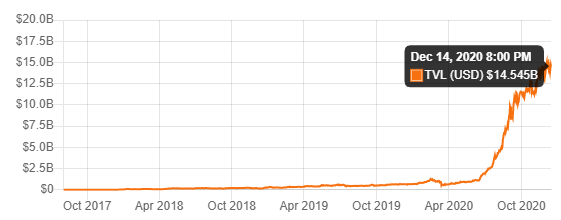
Ethereum stands today, its main use case is powering Decentralized Finance (DeFi) applications. As of December 14, 2020, there is $14.545 billion locked USD value in Ethereum-based DeFi applications and this number continues to grow. Decentralized Finance, often called Open Finance or DeFi, generally refers to the financial software, protocols, digital assets, smart contracts, and decentralized applications (dapps) built on decentralized blockchain technology.
DeFi is the movement that leverages decentralized networks to transform old financial products into trustless and transparent protocols that run without intermediaries, and the wide majority of DeFi dapps are powered by Ethereum.
5.. Details on the Ethereum Token

Ethereum’s native cryptocurrency Ether (ETH) is an inflationary currency with a total and circulating supply of 112,068,383 ETH. Unlike Bitcoin, which has a capped supply of 21 million BTC, the supply of ETH is not capped.
As Ethereum stands today, newly minted ETH is rewarded to miners every time a block is processed, verified, and added to the Ethereum blockchain. It takes roughly 13 seconds for a block to be mined and block rewards are currently set at 2 ETH per block.
Through time, ETH’s rate of inflation is supposed to slow down, and when Ethereum 2.0 launches along with Proof-of-Stake (PoS), ETH will no longer be mined with computing power.
Instead, validators will deposit (stake) their ETH tokens and Ethereum’s PoS protocol will determine which participants get selected to validate blocks and earn the staking rewards.
Ethereum 2.0 will require validators to run a validator node and stake a minimum of 32 ETH to participate in the network. While it’s not yet set in stone, the rate of return for staking ETH is expected to be around 4%–10%.
6.. Wallet to Store Ethereum ETH
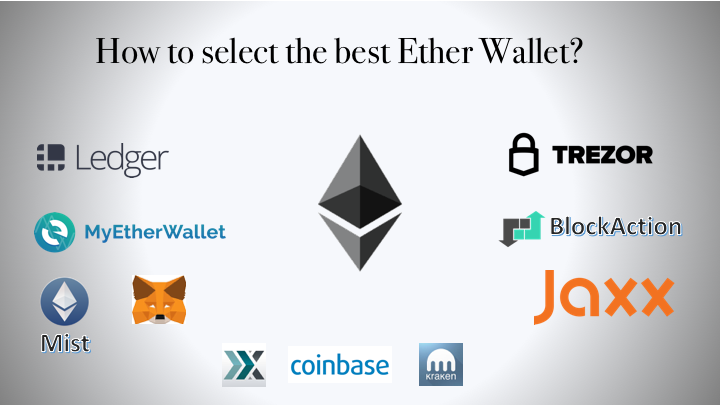
Ethereum (ETH) is a very well established cryptocurrency residing on top of the public Ethereum blockchain and you can store ETH in a wide variety of ERC-20 token supported wallets. However, it’s best to store ETH in a wallet that makes it easy to hold and send ETH, as well as interact with applications built on Ethereum.
That said, here’s a list of wallets recommended for storing ETH from the official Ethereum website :
- MetaMask - browser extension and mobile wallet for iOS and Android
- MyCrypto - web-based wallet
- TrustWallet - mobile wallet for iOS and Android
- MyEtherWallet - client-side wallet
- Argent - mobile wallet for iOS and Android, optimized for DeFi
- Coinbase Wallet - mobile wallet for iOS and Android
- Gnosis Safe - security-oriented multi-signature wallet
In addition to the above-listed wallets, Ethereum (ETH) can be stored on a wide variety of other reputable wallets supporting Ethereum and ERC-20 tokens.
7.. Exchange to Buy and Sell Ethereum ETH
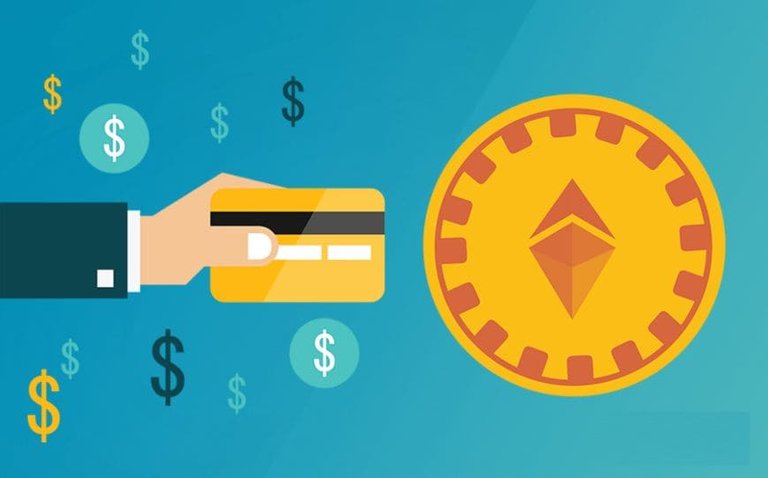
Ethereum (ETH) can be bought and sold on a peer-to-peer (P2P) basis but the most popular way to buy, sell, or trade Ethereum is through cryptocurrency exchanges.
You can buy ETH with cryptocurrency or fiat currency at the following top exchanges. In most cases, you will be able to buy Ether with Bitcoin, stablecoins, or fiat currency.
Centralized Exchanges
- Binance - BTC, BNB, USD, USDT, BUSD, USDC, TUSD, PAX, + more
- Coinbase - BTC, USD, EUR, GBP, LINK, USDC
- Bitfinex - BTC, USD, USDT, EUR, JPY
- Huobi Global - BTC, USDT,
- Kraken - BTC, USD, EUR, XTZ
Decentralized Exchanges
- Uniswap
- Balancer
- Kyber Network
In addition to the exchanges listed above, Ethereum (ETH) is also traded on a wide array of other exchanges and platforms that enable people to buy, sell, or trade cryptocurrencies.
Posted Using LeoFinance Beta
nice
Posted Using LeoFinance Beta
Source of plagiarism
Plagiarism is the copying & pasting of others' work without giving credit to the original author or artist. Plagiarized posts are considered fraud and violate the intellectual property rights of the original creator.
Fraud is discouraged by the community and may result in the account being Blacklisted.
If you believe this comment is in error, please contact us in #appeals in Discord.